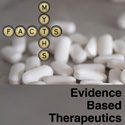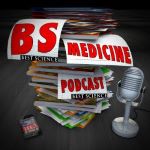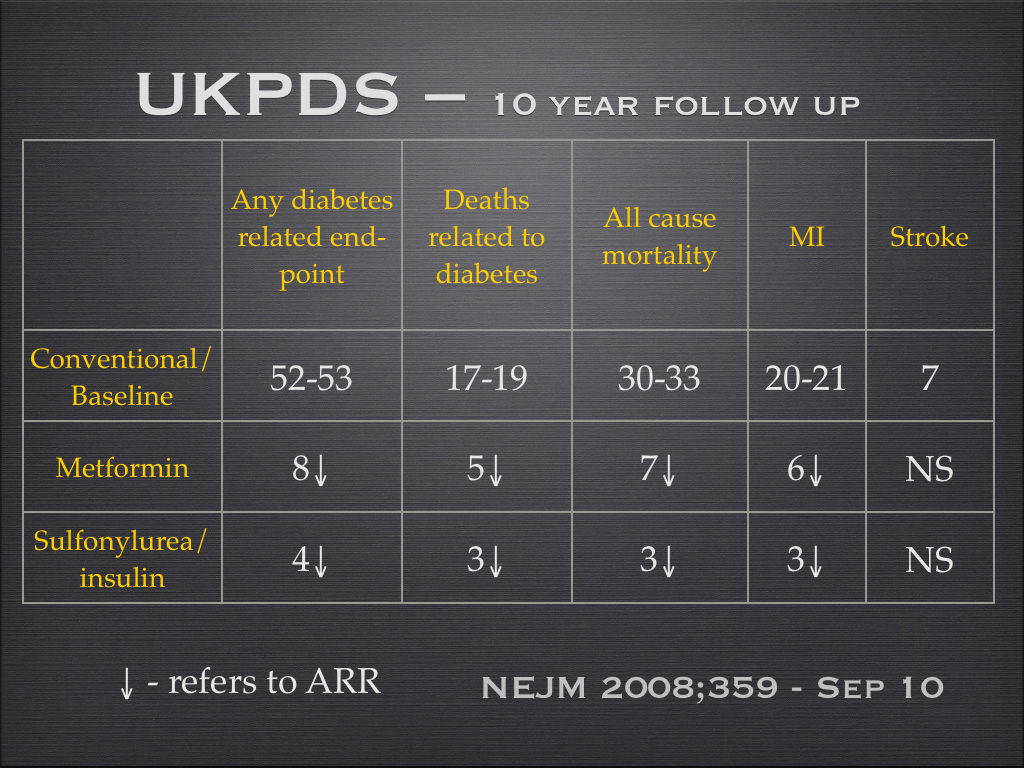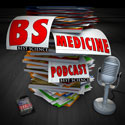Episode 64: More listener questions with answers leaving more questions – Part II
In episode 64, we finish off the listener questions and comments and clarify the murkiness, or murkify the clariness, around a number of cardiovascular issues. By the end of the podcast, both Mike and James are heavier because they eat up all the “sweet” comments made by their listeners.
Show Notes
1) BMJ hypertension meta-analysis
2) Atenolol lowers blood pressure but no effect on cardiovascular outcomes
3) First-line drugs for hypertension
4) UKPDS spin
5) Effect of intensive control of glucose on cardiovascular outcomes – meta-analysis
6) Felodipine and cardiovascular outcomes




